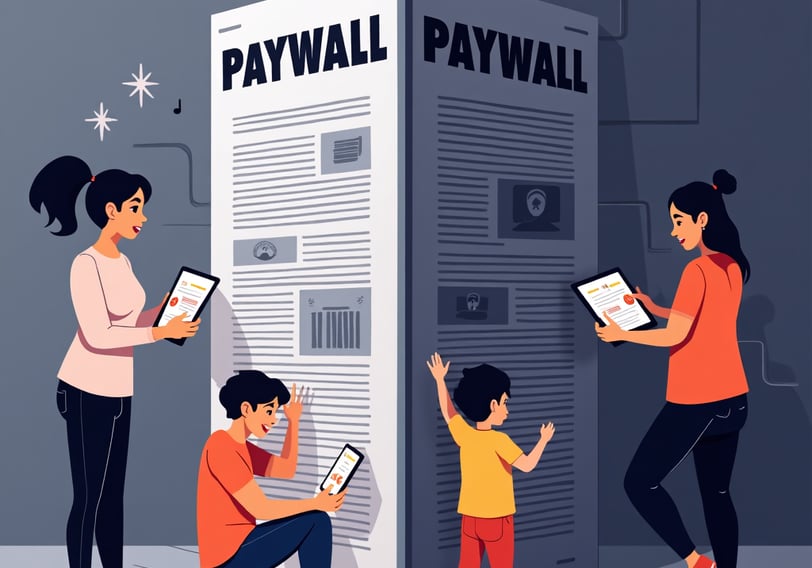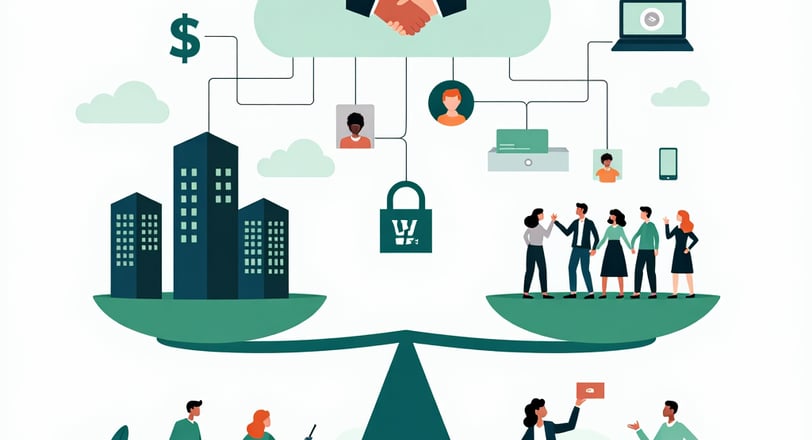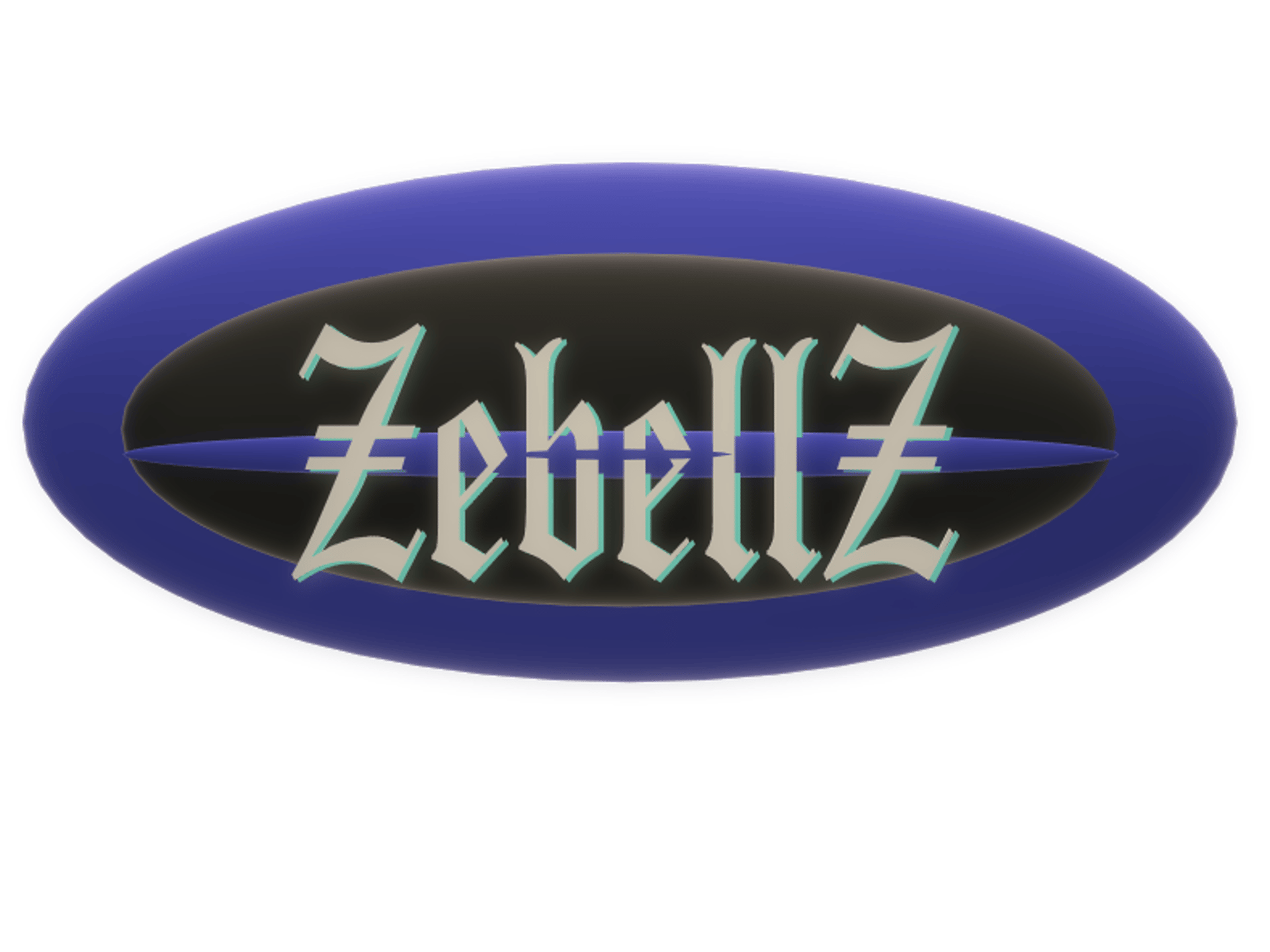Understanding the Ethics of Paywalls: The Case of W2 Documents
The Case of W2 Documents
FINANCIAL SERVICEPERSONAL FINANCES


What are paywalls and why are they used?
Paywalls are digital barriers that restrict access to content unless a user pays a fee. They are commonly used by news websites, academic journals, and various online platforms to monetize their content. The primary objective of a paywall is to generate revenue, especially in an era where ad revenues are dwindling. By implementing paywalls, organizations can maintain a sustainable business model while providing high-quality content to their audience.
There are different models of paywalls, including hard paywalls, soft paywalls, and freemium models. A hard paywall completely restricts access to content, requiring a subscription or one-time payment. In contrast, a soft paywall allows limited free access to content before requiring payment. Freemium models provide basic content for free while charging for premium features or in-depth articles. Each model serves a unique purpose depending on the organization's goals and target audience.
The rise of digital content consumption has led to an increased reliance on paywalls. As traditional revenue streams such as print subscriptions and advertising decline, organizations must find innovative ways to fund their operations. This economic pressure has given rise to ethical debates surrounding the implementation of paywalls, especially for essential documents like W2 forms.


The controversy surrounding paywalls for W2 documents
W2 documents are crucial for individuals during tax season, as they summarize an employee's earnings and tax withholdings for the year. Given their importance, the introduction of paywalls for accessing these documents has ignited significant controversy. Many individuals view W2 forms as essential tax information that should be readily available without financial barriers. The debate often centers on the ethical considerations of charging for access to such critical documents.
Critics argue that implementing paywalls for W2 documents undermines the principle of accessibility to vital information. Tax-related documents are often tied to an individual's ability to file taxes accurately and on time. When access to these documents is monetized, it may disproportionately affect low-income families who already face financial constraints. This situation raises concerns about economic equity and the moral obligation of companies to provide essential services without additional costs.
On the other hand, proponents of paywalls for W2 documents contend that organizations must protect their interests and ensure sustainability. They argue that the costs associated with maintaining secure access to sensitive information justify the need for a paywall. Companies incur expenses related to technology, customer support, and data security, and charging for access can help offset these costs. This perspective emphasizes the need for businesses to balance financial viability with ethical responsibilities.
The ethical implications of charging for essential tax information
The ethical implications of charging for access to W2 documents are multifaceted. At the core of the debate lies the principle of fairness. Many argue that individuals should have free access to their financial records, particularly when these documents are necessary for fulfilling legal obligations such as tax filing. Charging for something that is inherently tied to an individual's financial identity raises questions about the commercialization of essential services.
Moreover, ethical considerations extend to the impact on vulnerable populations. Low-income individuals and families may struggle to afford the fees associated with accessing W2 documents. This financial barrier can lead to complications in tax filing, resulting in potential penalties or loss of refunds. Ethical business practices should take into account the broader social implications of their financial models, particularly when essential information is at stake.
Another ethical dimension involves transparency and accountability. Organizations that implement paywalls must communicate clearly about the reasons behind their decision. Transparency regarding fees, access restrictions, and the rationale for monetization can foster trust between companies and their users. By engaging in open dialogue, organizations can demonstrate a commitment to ethical practices while also addressing the economic realities they face.
The controversy surrounding paywalls for W2 documents
W2 documents are crucial for individuals during tax season, as they summarize an employee's earnings and tax withholdings for the year. Given their importance, the introduction of paywalls for accessing these documents has ignited significant controversy. Many individuals view W2 forms as essential tax information that should be readily available without financial barriers. The debate often centers on the ethical considerations of charging for access to such critical documents.
Critics argue that implementing paywalls for W2 documents undermines the principle of accessibility to vital information. Tax-related documents are often tied to an individual's ability to file taxes accurately and on time. When access to these documents is monetized, it may disproportionately affect low-income families who already face financial constraints. This situation raises concerns about economic equity and the moral obligation of companies to provide essential services without additional costs.
On the other hand, proponents of paywalls for W2 documents contend that organizations must protect their interests and ensure sustainability. They argue that the costs associated with maintaining secure access to sensitive information justify the need for a paywall. Companies incur expenses related to technology, customer support, and data security, and charging for access can help offset these costs. This perspective emphasizes the need for businesses to balance financial viability with ethical responsibilities.
The ethical implications of charging for essential tax information
The ethical implications of charging for access to W2 documents are multifaceted. At the core of the debate lies the principle of fairness. Many argue that individuals should have free access to their financial records, particularly when these documents are necessary for fulfilling legal obligations such as tax filing. Charging for something that is inherently tied to an individual's financial identity raises questions about the commercialization of essential services.
Moreover, ethical considerations extend to the impact on vulnerable populations. Low-income individuals and families may struggle to afford the fees associated with accessing W2 documents. This financial barrier can lead to complications in tax filing, resulting in potential penalties or loss of refunds. Ethical business practices should take into account the broader social implications of their financial models, particularly when essential information is at stake.
Another ethical dimension involves transparency and accountability. Organizations that implement paywalls must communicate clearly about the reasons behind their decision. Transparency regarding fees, access restrictions, and the rationale for monetization can foster trust between companies and their users. By engaging in open dialogue, organizations can demonstrate a commitment to ethical practices while also addressing the economic realities they face.


The impact of paywalls on low-income individuals and families
The implementation of paywalls for W2 documents can have a profound impact on low-income individuals and families. For many, every dollar counts, and the financial burden of accessing essential tax documents can lead to difficult choices. Families may be forced to prioritize spending on necessities over paying for access to W2 forms, potentially delaying their tax filings and resulting in missed refunds.
In addition to the immediate financial implications, the long-term effects on financial literacy and empowerment cannot be ignored. When individuals face barriers to accessing their financial records, it can hinder their understanding of their financial situation. This lack of transparency can exacerbate feelings of disenfranchisement and limit opportunities for individuals to make informed decisions regarding their finances.
Furthermore, the impact of paywalls on low-income families extends beyond just the individual level. It can create a ripple effect within communities, as families struggle to navigate the complexities of tax laws without access to essential documents. This situation can lead to decreased overall financial literacy within communities, perpetuating cycles of poverty and limiting opportunities for upward mobility.
Alternative models for accessing W2 documents
Given the ethical concerns surrounding paywalls for W2 documents, exploring alternative models for access becomes essential. Several approaches can be considered to ensure that individuals can obtain their W2 forms without facing financial barriers.
Freemium Model: Organizations could adopt a freemium model that allows individuals to access basic W2 information for free while offering premium features or services for a fee. This approach would ensure that essential information remains accessible while providing options for those who may want additional resources or support.
Subsidized Access: Companies could consider subsidizing access to W2 documents for low-income individuals. This could be achieved through partnerships with community organizations or government programs aimed at supporting financially vulnerable populations. By providing free or reduced-cost access, organizations can fulfill their ethical obligations while still covering their operational expenses.
Open Access Initiatives: Encouraging open access initiatives can promote transparency and equity in accessing essential tax documents. Organizations could collaborate with government agencies to create online portals that allow individuals to access their W2 forms at no cost. This model would prioritize public interest and ensure that individuals have the necessary information to fulfill their tax obligations.
Legal considerations and regulations surrounding W2 access
The legal landscape surrounding access to W2 documents is complex and often varies by jurisdiction. Various federal and state regulations govern the distribution of tax-related documents, including W2 forms. Organizations must navigate these legal frameworks while considering the ethical implications of implementing paywalls.
In the United States, the Internal Revenue Service (IRS) mandates that employers provide W2 forms to employees by January 31st each year. However, the IRS does not dictate how individuals should access their W2 forms. This lack of regulation creates a gray area where companies can implement paywalls without violating any laws. Nonetheless, ethical considerations remain paramount, and organizations should strive to uphold principles of transparency and accessibility.
Additionally, organizations must remain vigilant regarding data protection laws when accessing and distributing W2 documents. Compliance with regulations such as the General Data Protection Regulation (GDPR) and the California Consumer Privacy Act (CCPA) is essential. Companies must ensure that they protect user data while also providing accessible and equitable access to necessary information.






The future of W2 document access: Balancing business needs and ethical concerns
As the landscape of digital content continues to evolve, the future of W2 document access will likely remain a hot topic of discussion. Companies must find ways to balance their business needs with ethical concerns surrounding accessibility. The challenge lies in developing sustainable models that prioritize user needs while ensuring operational viability.
Innovative approaches to accessing W2 documents will be crucial in shaping this future. Organizations may explore alternative revenue streams, such as partnerships with financial institutions or educational programs, to offset costs while maintaining free access to essential information. These collaborations can create a win-win situation, providing users with valuable resources while supporting the organizations involved.
Moreover, continued dialogue between stakeholders is essential. Engaging users in discussions about their needs and preferences can help organizations develop solutions that resonate with their audience. By prioritizing user feedback, companies can adapt their strategies to align with ethical considerations and community expectations.
Conclusion: Finding a middle ground in the paywall debate
The debate surrounding paywalls for W2 documents highlights the complexities of balancing business needs with ethical considerations. While organizations face financial pressures to monetize their content, they must also recognize their responsibility to provide essential information without imposing financial barriers. The ethical implications of charging for W2 documents cannot be understated, particularly regarding their impact on low-income individuals and families.
As the landscape continues to evolve, companies should explore alternative models that prioritize accessibility, transparency, and user engagement. By fostering open dialogue and collaboration, businesses can develop sustainable solutions that respect the rights of individuals while ensuring their financial viability. Ultimately, finding a middle ground in the paywall debate is essential to creating a more equitable and informed society.

